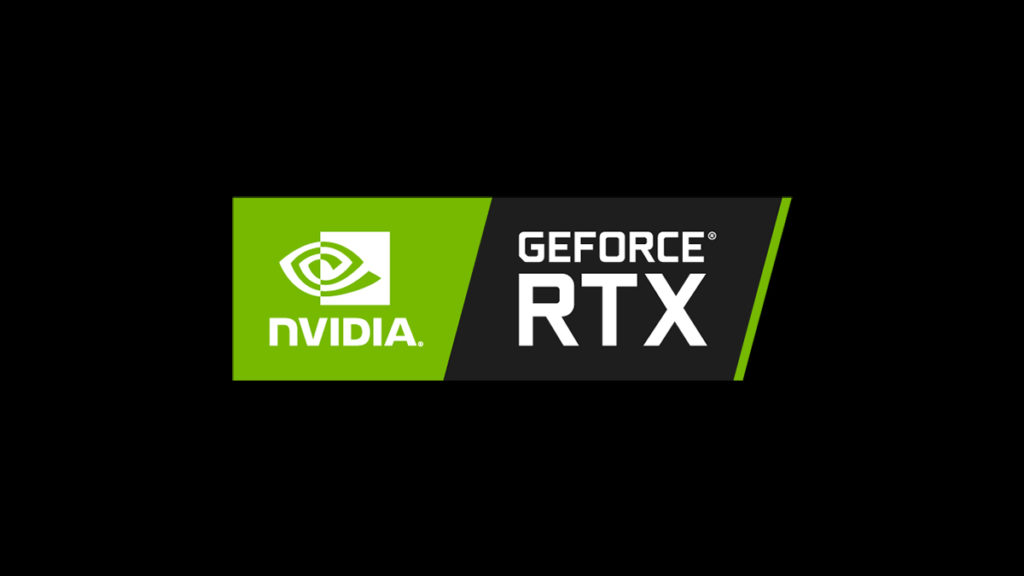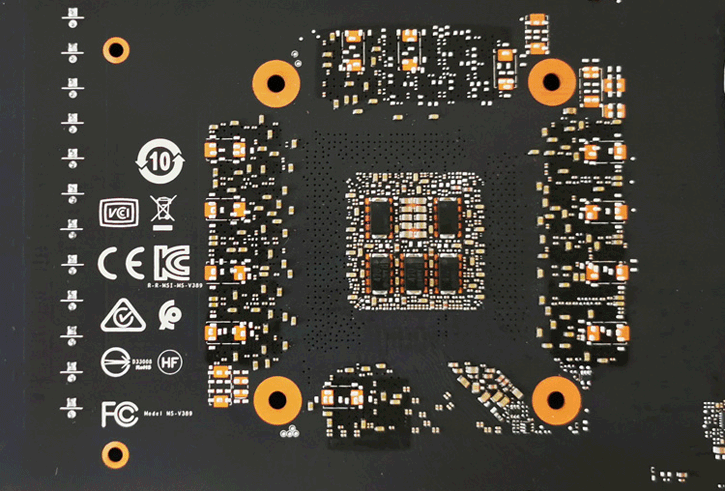- Joined
- May 6, 2019
- Messages
- 12,595
- Points
- 113
Image: NVIDIA
PCWorld’s Brad Chacos has published a story regarding NVIDIA’s new GeForce Game Ready 456.55 WHQL driver. As suggested by various user reports over the last few hours, the driver does appear to put a band-aid on the game-crashing issues that custom GeForce RTX 3080 owners have been complaining about over the past few days. But there’s a cost: reduced clock speeds.
“…with the original drivers, the [Horizon Zero Dawn] benchmark ran at a mostly consistent 2010MHz on...
Continue reading...
Last edited by a moderator:

